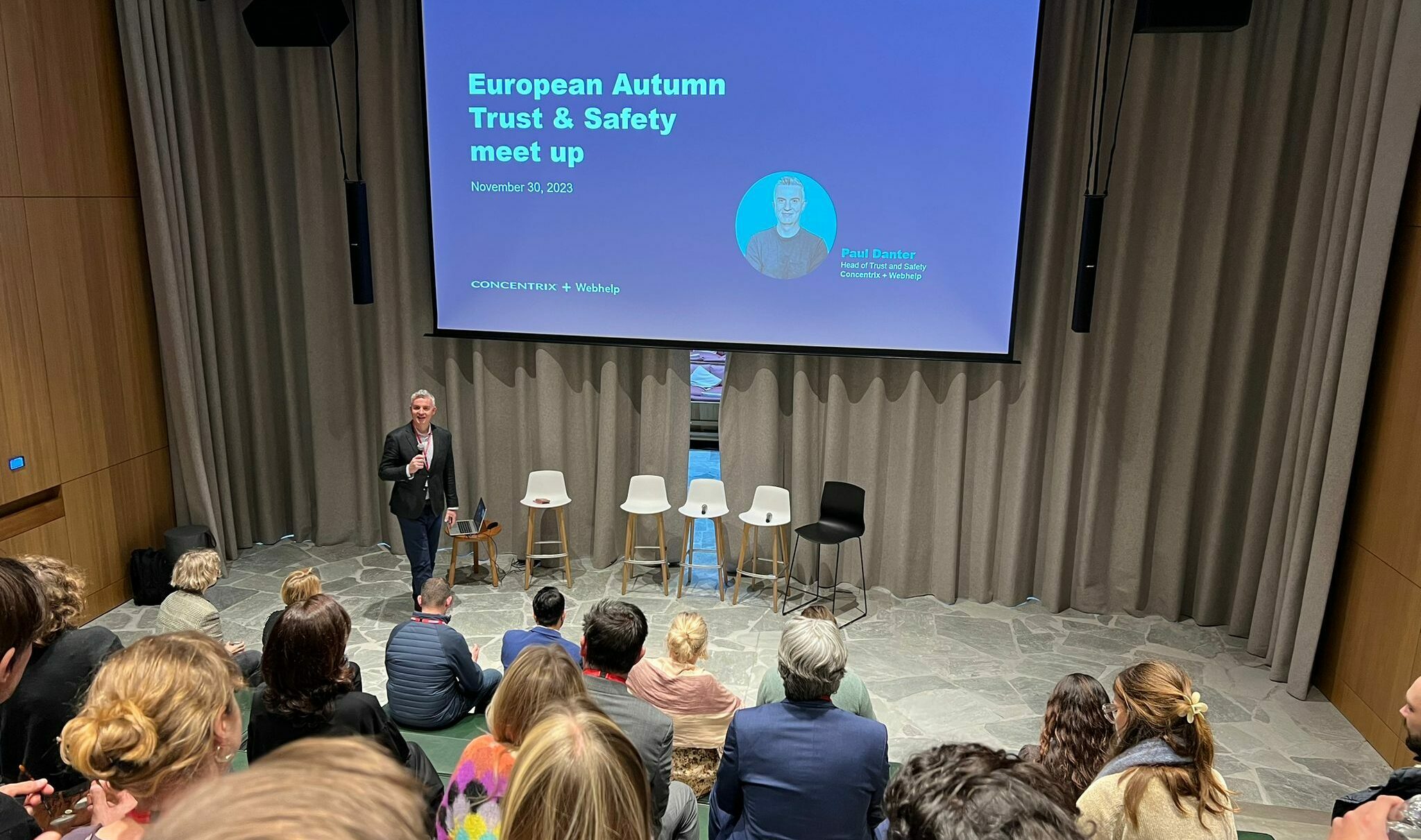Challenger energy brands need to punch above their weight in customer service to make their growth stick.
In the past three years, energy companies other than the big six of British Gas, EDF Energy, npower, E.ON UK, Scottish Power, and SSE have grown their share of the market more than nine-fold, from less than 1 per cent in 2012 to 8.7 per cent today. These fledgling challengers have seen an influx of customers in a space of time that most businesses could only dream of.
However, there is a risk that this could prove a mixed blessing if overwhelmed management systems lead to poor customer service, prompting the new intake to leave just as fast as they arrived.
Inevitably, avoiding this situation will require investment, but there are definite rights and wrongs when going about this and ways to make any expenditure go as far as possible to improve customers’ experience.
As if the rapid growth of these businesses didn’t present challenge enough, it is compounded by the fact that consumers are now more demanding than ever in terms of the ways in which they expect to be able to communicate with their energy suppliers. They want to be able to interact with their suppliers on the web, via desktops and mobiles, as well as by phone or email. Moreover, customers also expect to receive a consistent response regardless of which channel, or combination of channels, they wish to use. Solidly delivering this level of service in a rapidly growing business presents a real management challenge, not only in terms of getting the IT systems right, but also avoiding silos from forming that prevent effective sharing of information across different departments.
Thankfully, setting these systems up in-house is no longer the only option for these challenger energy companies, and the range of hosted customer-management services that are available, either to wholly outsource or to supplement the process, have proliferated in recent years. As well as avoiding significant upfront investment at a time of great change in a business, this type of service also allows users to tap into well-established infrastructures, managed by teams with a great deal of experience running customer communication programmes. At a time when the management needs to be wholly focussed on the commercial and operational sides of their business, this could be an especially wise choice.
If you want to read more about the challenge faced by the newer entrants to the energy markets and the hosted customer management services that are available to help, download our recent white paper: The Power to Compete.

![[Fashion] Choosing the right partners to grow your business in 2024, at a time when trust is fragile](https://media.webhelp.com/wp-content/uploads/2023/12/21090253/Office-Showcase-2.png)


